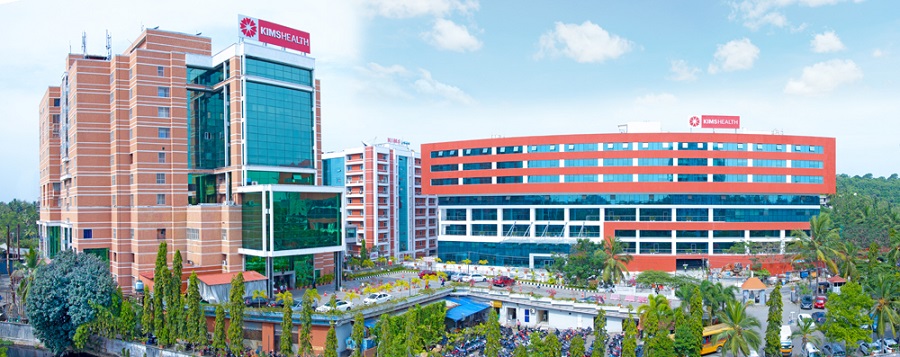GOA:
Suicide is a social issue and not an individual problem. An online discussion on “Suicide Prevention: The Importance of Community” hosted by YourDOST, India’s largest online counseling and emotional support platform designed to foster mental health, today appealed for more efforts from the community to raise suicide prevention awareness. The panel discussion was held to mark World Suicide Prevention Day.
The panelists included Dr Seema Sharma, clinical psychologist; Sandhya Menon, Independent writer, journalist and a suicide survivor; Rajesh R Pillai, lawyer and President of Befrienders India; and Raashi Thakran, a certified QPR trainer, and a sucide loss survivor. The discussion was moderated by Dr. Jini K Gopinath, Clinical Psychologist and Chief Psychology Officer, YourDOST.
India has been witnessing an increasing number of deaths by suicide. According to data compiled by the National Crime Records Bureau (NCRB), since 2007, there has been a 52% increase in the number of suicides among youth in India, with an average 26 suicides taking place every day, or one every hour. These grim figures are alarming enough for the society to bring about a fundamental change in its approach towards mental and emotional issues.
Commenting on the community’s responsibility in the massive increase in suicide rates, Advocate Pillai said, “Community has a big role to play since not all suicides are due to mental illness but also due to apathy and lack of avenues to express oneself. Being able to share one’s grief and air their trauma is a basic need of a human being. A systematic change at every level to create a more supportive ecosystem is imperative – from family to teachers to Governments, everyone has a role to play in avoiding these instances.”
Dr. Sharma said, “Suicides due to life events or psycho-social situations deserve much greater attention. Generally as a society we are not very supportive, rather judgmental especially when it is about mental wellness, personal choices, grief, and trauma. Any individual showing suicidal tendencies or contemplating a drastic step needs a listening ear and compassion. We should use available resources such as community elders, especially in rural areas where professional help is limited, who can give time, listen with empathy and without judgment.”
Raashi, a YourDOST mental wellness champion who has been actively driving a campaign for the launch of a National Suicide Prevention Helpline lost her brother to suicide and eventually her own mental health deteriorated. She shared her life experience and issues with PTSD and anxiety, “Death does not happen to the person that dies. It also happens to the people left behind. I started struggling after my brother’s demise. Doctors helped me a lot, so did medication. But what really helped me was talking about it. I now know how important suicide prevention is and that led me to delve further into this. The data was scary. That prompted me to work towards prevention awareness”.
Earlier this week, the Central Government launched a 24X7 toll free mental rehabilitation helpline (KIRAN) for providing psychological support to people.
Sandhya, mental wellness writer and a survivor spoke about her own experience with suicidal attempts and triggers, “7 years ago, I was diagnosed with depression. I had a tough time being a single mother to two kids and increasing financial challenges. An argument with a family member triggered my first attempt. I felt not understood. I was expressing myself on social media instead of talking to my friends. I could never reach out and say I need help”.
The session lasted for over 60 minutes and touched topics that are generally considered a taboo such as dysfunctional families, poor consideration towards mental health, non-judgmental acceptance and practicing empathy without criticism. The panelists answered the viewers’ questions before signing off.
The panelists suggested a three-step actionable plan for suicide prevention:1.)Look: Look for warning signs which may be physical, verbal, or non-verbal 2.) Listen: Actively listen to the person, and 3.) Link: Link those needing help with the various stakeholders/professionals/ volunteers.
Concluding the session, Dr. Gopinath, YourDOST said, “Suicide is not just a psychological issue. It is a psycho-social issue. As a society, we miss the clues. We need to be mindful of signs from the psychological perspective. Listen actively and carefully. Link people in need with the experts and volunteers who can lend an empathetic ear”.




